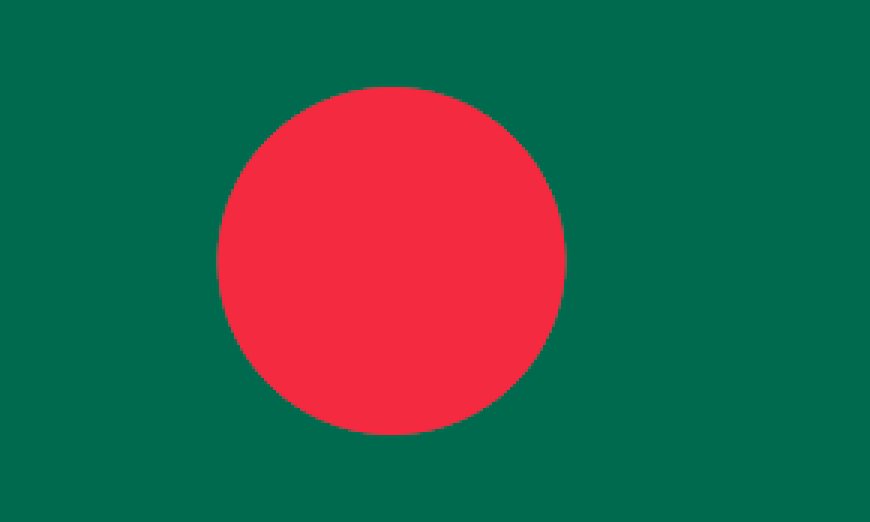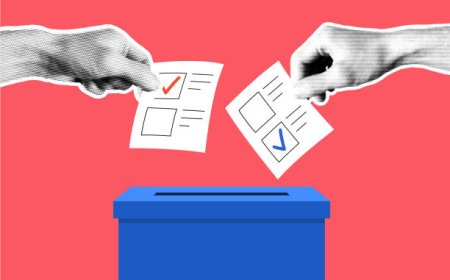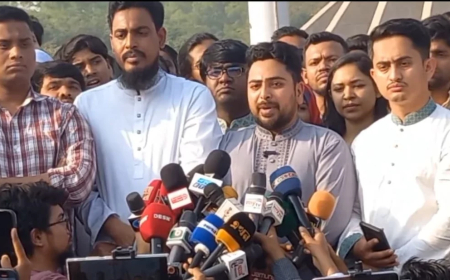Post-Yunus Bangladesh: An Unknown Destination
BNP should be careful what it wishes for. A post-Yunus Bangladesh may create more problems than it solves.

Donald Rumsfeld once famously said: “There are known knowns. These are things we know that we know. There are known unknowns. That is to say, there are things that we know we don't know. But there are also unknown unknowns. There are things we don't know we don't know.”
If Professor Yunus truly steps down, the subsequent Bangladesh will enter an era of “unknown unknowns.”
Many of us may have plans, but what will actually happen is something perhaps none of us can fully anticipate.
The BNP believes that if Yunus steps aside, they can collaborate with Gen Wakar (assuming Wakar truly means what he says) to form an election-time government and, within three to six months, hold elections to come to power. It’s a good plan. I, too, hope it succeeds.
However, this outcome depends on several assumptions.
The first assumption is that the alliance outside the BNP’s circle (NCP, Jamaat, Islami Andolan, Khilafat Majlis, AB Party, etc.) will support the BNP’s plan and cooperate with the post-Yunus government.
Now, consider this: what if this anti-BNP alliance, which also forms the upcoming opposition caucus after the election, argues: “You didn’t support the Yunus government, and through your joint efforts (Wakar and BNP), Yunus was forced to leave. You didn’t accept the reforms meant to balance power and ensure elections aren’t a zero-sum game. So why should we help you organize a zero-sum election where, if the BNP wins, it will monopolize power like in the old system?”
What if they decide that, just as you undermined the Yunus government and its reform plans, they will obstruct your attempt to revert Bangladesh to the old ways through a reform-less election? Your first assumption is that these anti-BNP parties won’t do this. Are you so confident on this score? Why wouldn’t they? The truth is: we don’t know -- it is an unknown unknowns.
The second assumption is that even if these anti-BNP parties refuse to cooperate, the BNP, as the largest party, can overcome this with Wakar’s support. This assumption is also problematic.
It’s true that the BNP is currently more popular or has a larger vote share than the other active parties. But their vote share is still only 30-35%. The remaining 65-70% of people still don’t trust the BNP.
Moreover, the biggest flaw in this assumption is that the BNP lacks a street-fighting force capable of matching the disciplined anti-BNP groups (NCP-Islamic forces). This is a harsh reality.
For example, if they had such a force, the Sheikh Hasina government would have fallen on October 28, 2023 -- when it is believed that the BNP mobilized over a million people in Dhaka. Yet, Sheikh Hasina cleared the streets with just a few cocktails, firecrackers, or sound grenades, without significant damage. That’s the extent of the BNP’s street-fighting capacity.
During an anti-Sheikh Hasina movement, a BNP leader once asked Barrister Moudud Ahmed at a large Paltan rally to announce a “sit-in” program. Moudud replied: “The thousands you see here will scatter if the police set off a few firecrackers.” Thus, the BNP has no logical basis for being overly confident about its street-fighting capabilities.
If the BNP thinks it can hold a reform-less election in a vacuum and return to the old power structure, it must also consider that the anti-BNP street-fighting forces won’t disrupt their plans.
But what if they do? What if, like Ishraq’s recklessness, they occupy Dhaka’s streets with various demands? What if they act with the tacit support of Wakar’s forces, as the BNP is doing now? What if both sides aim to destabilize the government, just as they are now? What if both share a common goal? I’m not saying this will happen, but if it does, will an election occur? Will the BNP come to power? We don’t know. It is an unknown unknown.
The third assumption is that Wakar is an innocent actor with no love for the Awami League and no intent to rehabilitate it, nor any connections across the border. Well, that would be great if true.
But what if Wakar isn’t truly innocent? What if he genuinely wants to rehabilitate the Awami League? What if he’s actually in close contact with people across the border? What happens then?
Would those across the border abandon a proven ally for an untested one? Why would they? Moreover, with the allure of power so close, why wouldn’t they seize it themselves? Why wouldn’t they take the driver’s seat to “stabilize” the ongoing street “instability” when the street-fighting forces withdraw?
I’m not saying they will, but no one can definitively say they won’t. Again, another unknown unknown. They have a history of intervening in such situations.
The most straightforward assumption is that all the above assumptions are wrong, and everyone will smoothly align with the BNP and Wakar’s wishes, heading toward a reform-less, zero-sum election.
The BNP would then be handed Bangladesh to restore the old system of plunder, where all state power is concentrated in one person’s hands, like Sheikh Hasina’s, establishing another elected autocracy.
Democratic institutions would then serve this new autocrat instead of Hasina. But if you don’t want people’s empowerment through elections, you would have agreed to reforms that empower people or prevent the state from becoming oppressive.
So, do you think everyone will simply hand Bangladesh over to you for plunder? Why would they?
Politics is a game of compromise and negotiation. If you demand everything (zero-sum) and view others’ demands (fundamental reforms) as obstacles to your path to power, will it work?
Keep in mind that one of the joint demands of the combined anti-BNP alliance post-Yunus will be proportional representation in parliament (both upper and lower houses). They, too, will demand elections, saying: “Every vote must count.” This is a more people-friendly demand.
It’s a win-win for almost every political party except the BNP and its allies. Even if they get 1% of the vote, they’ll have three seats in parliament. Why wouldn’t they want this? If it’s not accepted, they won’t participate in the election.
The poetic justice is that in a proportional parliament, the BNP would be a minority. I’m not saying this will happen, but if it does, what will you do?
Interesting times ahead.
What's Your Reaction?













































































